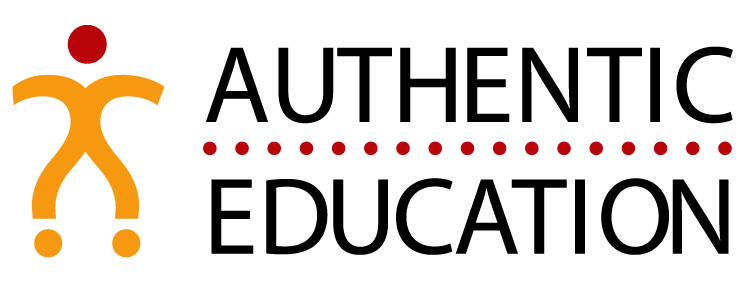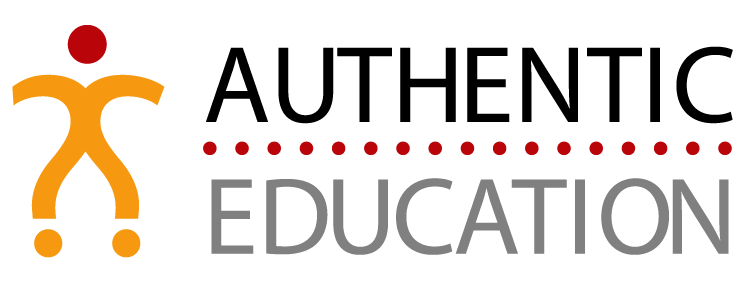Tom Friedman wrote a highly-read and forwarded op-ed piece in the New York Times recently in which he summarized the key findings in a recent Gallup/Purdue poll. The survey looked at success in life and the workplace through the lens of a few key factors in one’s college experience. The survey found, among other things, that having a mentor in college is a crucial determinant of success. I went and retrieved the report and found sections of the text worthy enough of our attention to quote at length:
“Where graduates went to college— public or private, small or large, very selective or not selective — hardly matters at all to their current well-being and their work lives in comparison to their experiences in college.
For example, if graduates had a professor who cared about them as a person, made them excited about learning, and encouraged them to pursue their dreams, their odds of being engaged at work more than doubled, as did their odds of thriving in their well-being.
And if graduates had an internship or job where they were able to apply what they were learning in the classroom, were actively involved in extracurricular activities and organizations, and worked on projects that took a semester or more to complete, their odds of being engaged at work doubled also. Feeling supported and having deep learning experiences means everything when it comes to long-term outcomes for college graduates.
Yet few college graduates achieve the winning combination. Only 14% of graduates strongly agree they were supported by professors who cared, made them excited about learning, and encouraged their dreams. Further, just 6% of graduates strongly agree they had a meaningful internship or job, worked on a long-term project, and were actively involved in extra-curricular activities. Those who strongly agree to having all six of these experiences during their college time are rare — only 3%.
If an employed graduate had a professor who cared about them as a person, one who made them excited about learning, and had a mentor who encouraged them to pursue their dreams, the graduate’s odds of being engaged at work more than doubled. Only 14% of graduates have had all three.
This spoke to me. Clearly, I and many of us believe in the importance of engaging and sustained work. But perhaps more importantly, I would not have made it through college or graduate school without two mentors: Bob Anderson at St. John’s College, and Carol Gilligan at Harvard Graduate School of Education. Both cared about not only my contributions as students but my own work and how to advance it. It made all the difference. To me, this is key to the revolution in ALL of education, especially in HS. To think of ourselves as coaches and mentors, not teachers; that we are hired to help students do their work, not to teach them what we know only. Alas, the curriculum and tradition allow this to only happen mostly at the extremes – primary and graduate school. It’s high time we brought the same attitude and the concomitant curriculum reforms to the key grades of middle and high school.





9 Responses
This is great information I would love to share with the politicians and leaders at the state and federal levels. Nothing being pushed out of our state’s DOE connects with the importance of relationships at the 6-12 level. Instead, it is all about new evaluation systems, new state assessment programs, additional curriculum changes, etc. It is understandable how teachers, in this current state of flux, are simply trying to keep up with the multitude of state and/or federal initiatives being forced upon them. Am I just making excuses or can others understand how difficult it is at this time to emphasize the relational component of the job to teachers?
I think it all boils down into something that’s actually pretty simple: teaching is not just dumping information into a student’s head. There is a difference between presenting a topic/concept and teaching a concept/topic. Teaching can’t really go anywhere without the student taking the concept, owning it, and doing something with it.
The best teachers and coaches always get the most out of their students and players. It’s a shame that colleges and PD doesn’t focus more on motivating students and getting them excited about learning. I’m not saying you don’t have to have content knowledge, but wow… a motivated student will find a way to learn. Teenagers find a way to do anything they want – good or bad.
Engaging work that is fascinating/challenging to the students will get them through the bad times when learning may not be easy. How do you get teachers to shift their role to more of a mentor/coach that motivates and engages? Maybe we should start to have evaluations of teachers by the students – maybe even weekly to knock-home the idea that the class is boring (or reinforce the idea that it is a great classroom). Maybe publish those evaluations…?
It’s certainly good to have surveys – that’s why I do it. But it is also a curriculum-job description-evaluation problem, so that teachers understand they aren’t hired merely to teach and test.
This is another not-so-epiphany moment in the evolution of education. We shouldn’t need surveys, data and evaluation systems to remind us that – as educators – our priority is to connect with students. Yes, we need to be connecting with students in a way that drives academic learning (most of us aren’t full-time social workers or mere camp counselors), but there are too many who don’t consider this relationship part to be a pivotal part of our work.
Politicians, central office administrators, building administrators, parents and teachers all need to embrace this side of the “venn” that is an educator’s craft.
I think that as teachers move more towards a coaching model and towards authentic learning experiences where students have choice in how they interact with practices and concepts( like in NGSS) these kinds of teacher as mentor relationships can develop more easily.The interactions have to be individualized. As long as teachers (and developers of high stakes testing) adhere to the one-size-fits all worksheet quick-grade approach to assessment there is little chance for a mentoring relationship to develop because there is only a right or a wrong answer. There is no nuance to be explored. In all the examples cited of empowering relationships, the relationships developed because there was unique work being done by the student with no foregone conclusions as to outcome–a graduate thesis, an extended project, an internship.
It is harder to do this in high school simply because of numbers–the graduate adviser has perhaps 15 students, while I teach 100. It only becomes feasible when we allow students choice in structuring their learning and we provide a sounding board for their ideas and understandings instead of our being sole presenters of “that which shall be known”.
I am reminded of a workshop that I attended a few years ago. I live in CT and the tragic events of a school shooting had just occurred in Newtown. The workshop addressed issues of creating postive cultures and climates in our school and was presented by Dr. Joanne Freidberg in the State of CT. We were adminstratorswere being trained as trainers to bring the strategies and practices back to our schools. One of the greatest messages of the workshop, “it only takes one caring adult to make a difference.” Educators at every level have enormous power to transform the lives of the students who come before.
Reading and thinking as I read left me amazed! How was it possible I have enjoyed the help of so many people? Sometimes, you know it at the time, and sometimes, like today, the full measure of their influence emerges!
Because you, Grant, name people, I am going to, also. Marie Schalekamp at what is now North Iowa Community College; Ruth Cline and Father (then) John Bremner at the University of Iowa; Dr. A. Papillon at DePaul University and Dr. Wally Douglas at Northwestern.
(p.s. Have been thinking a/b your questions about “process and preparation.” I will try to get something down for you shortly.)
For now, thank you for reminding me of those who helped.
Thanks for this post, Grant. It hit a strong chord.
Yes, I remember the teachers at both high school and college who supported me. I do know how powerful and important a mentor can be. I am mentoring two second-year teachers at an alternative Maliseet school here. They need me as a support for their developing understanding of effective instruction/assessment, but they are both wonderful mentors for the high school students who enter their school. I am learning a lot from both of them.
Thanks again for the post.
Marcy
You’re welcome, Marcy! Giving forward is the most satisfying thing to do…